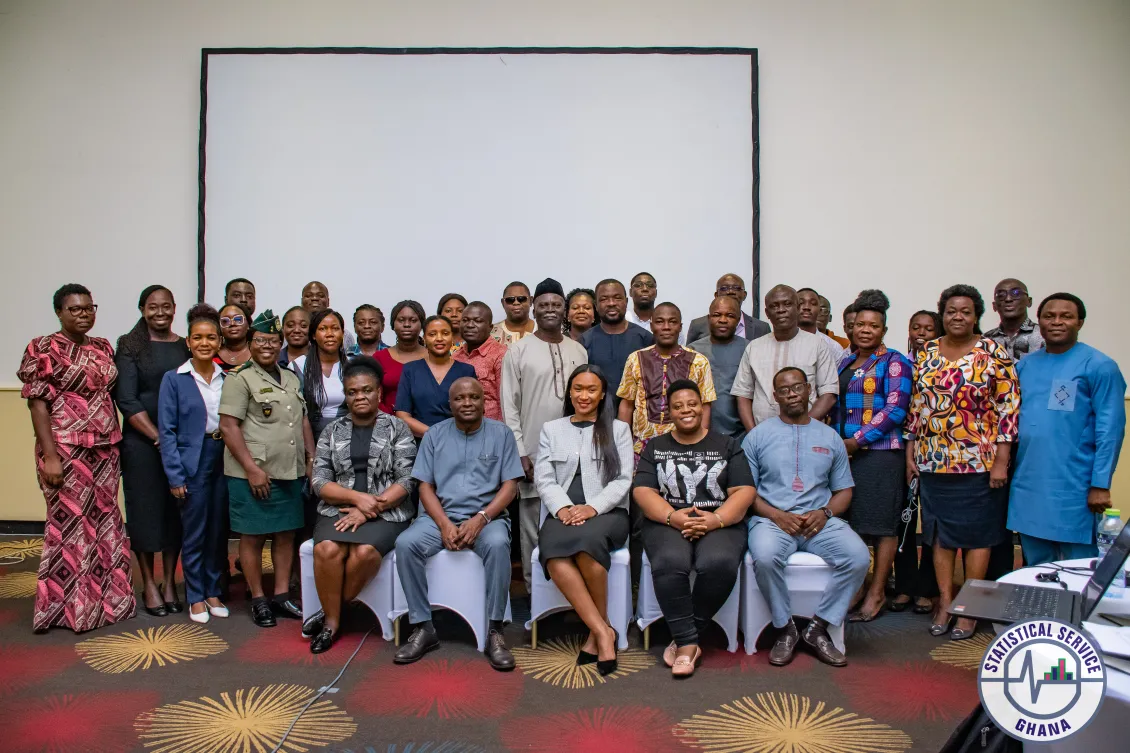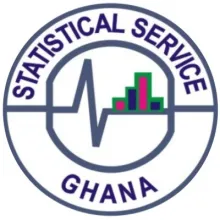On September 3, 2024, key stakeholders gathered in Accra for a national consultation, hosted by Ghana Statistical Service (GSS), on using inclusive data to address female genital mutilation (FGM) in Ghana. This closed meeting is part of the Make Inclusive Data the Norm initiative, which aims to integrate marginalized voices into data processes, enabling more informed and equitable policy-making.
This is a crucial step by the Global Partnership and the Governments of Ghana and Colombia to strengthen Ghana’s citizen and inclusive data system to eliminate FGM in the West African country.
The national consultation on FGM was not just a gathering but a catalyst for change. It marked the birth of the National Consultative Group on FGM and the formulation of a collective action plan. This plan, a result of the collective efforts of stakeholders from government, civil society, and religious leaders, outlines the strategic use of citizen data to shape policies, support survivors, and raise public awareness. With this collaborative approach, Ghana is making significant strides towards ensuring everyone is part of the solution to end FGM.

Highlights
Mr. Godwin Odei Gyebi, Director for Demographic Statistics of the Ghana Statistical Service representing the Chief Statistician of the Government, gave the opening remarks, highlighting the importance of data-driven approaches in achieving SDG 5.3.2, which aims to eradicate harmful practices like FGM.
Representatives from the Ministry of Gender, Children and Social Protection and the Embassy of Colombia in Ghana emphasized the need for greater collaboration across sectors to ensure that marginalized voices are included in the fight against FGM.
Speeches from notable figures such as Ms. Malonin Asibi, Head of the Domestic Violence Secretariat, shed light on Ghana’s progress and challenges in addressing FGM. Omar Seidu from the Ghana Statistical Service introduced the innovative Citizen Data Framework. At the same time, Victor Ohuruogu, Senior Africa Regional Manager of the Global Partnership, outlined the project’s focus on using inclusive data to launch initiatives in the Upper East, Upper West, and Bono regions. There were also breakout sessions to discuss stakeholders’ roles, contributions, and expectations.
Consultation goals:
- Introduce the project’s objectives and approach to using citizen data.
- Discuss specific data needs and challenges related to FGM.
- Define the roles and contributions of participating stakeholders.
- Explore how the project can inform and influence policy on FGM in Ghana.
Participating agencies and organizations:
The consultation will gathers representatives from various institutions, including the Ghana Statistical Service, Ministry of Gender, Children and Social Protection, Ministry of Health, Ghana Health Service, Ghana Education Service, Ghana Police Service, Ghana Immigration Service, and the Commission for Human Rights and Administrative Justice. Additionally, key civil society organizations like the Ghana Federation of Disability Organizations, the CSO Platform on SDGs, and international partners such as UNFPA, UNICEF, and UNDP/UN Women will be present. The event had participation from academic institutions like the University for Development Studies, religious councils including the Christian Council and Muslim Council of Ghana, the Embassy of Colombia, and media representatives.
Why this matters:
This consultation is a critical step towards ensuring that inclusive and accurate data inform Ghana's FGM-related policies. The collaboration among these key stakeholders will be instrumental in shaping effective strategies and interventions.
----------------------------------------------------------
The Make Inclusive Data the Norm initiative, spearheaded by the Global Partnership and APC-Colombia, is a South-to-South learning project between Colombia, Ghana, and Kenya to advance inclusive data systems. It aims to facilitate knowledge exchange on inclusive and citizen data systems between these countries in the Global South through activities including workshops and joint publications.

